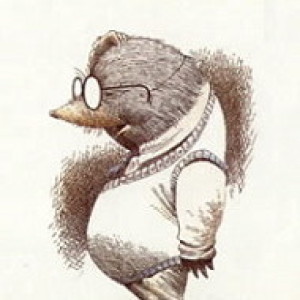A golden flower with a dark side.
What could be more appropriate for a Spring day than a golden daffodil?
In ancient herbalism and medicine, the scent of the Daffodil Narcissus pseudonarcissus was used as a relaxing intoxicant for those with overactive minds, or anxiety disorders. Indeed, Narcissus is said to be derived the ancient Greek word for sleep and numbness.
However, whatever you do, don't ever eat a daffodil (or a tulip) as they contain toxic alkaloids that cause dizziness, abdominal pain and upset, and convulsions. In the Netherlands during the Second World War, starving cattle fed daffodil bulbs were fatally poisoned and one of my childhood neighbours was still suffering stomach problems in the 1950s from having been fed boiled daffodil and tulip bulbs whilst a POW in the first world war.
The poem most often associated with daffodils is William Wordsworth's, but having started on a melancholy theme, I bring you something rather darker by the 17th century English poet. Robert Herrick
To Daffodils
By Robert Herrick (1591-1674)
Fair Daffodils, we weep to see
You haste away so soon;
As yet the early-rising sun
Has not attain'd his noon.
Stay, stay,
Until the hasting day
Has run
But to the even-song;
And, having pray'd together, we
Will go with you along.
We have short time to stay, as you,
We have as short a spring;
As quick a growth to meet decay,
As you, or anything.
We die
As your hours do, and dry
Away,
Like to the summer's rain;
Or as the pearls of morning's dew,
Ne'er to be found again.

Comments
Sign in or get an account to comment.


